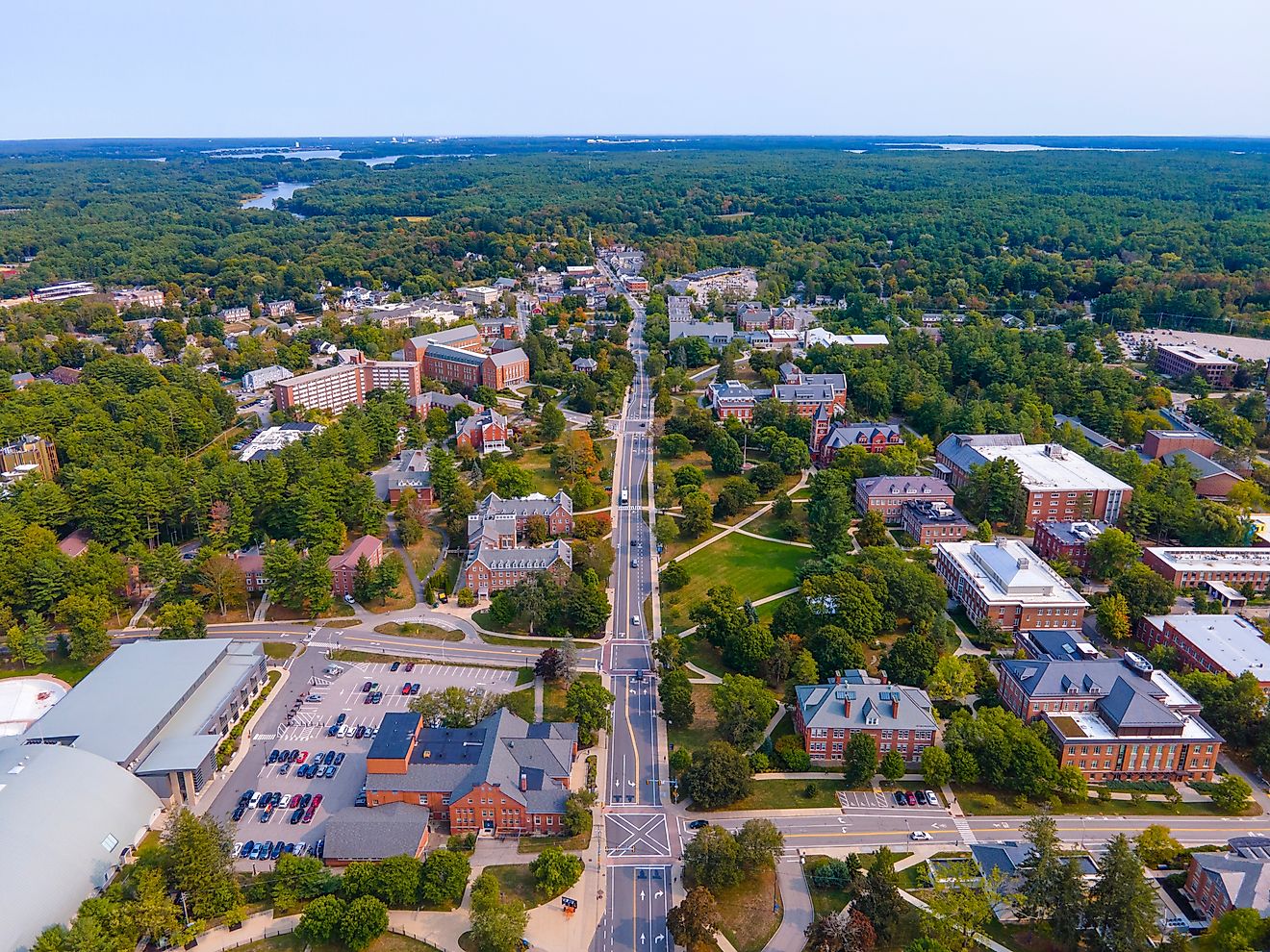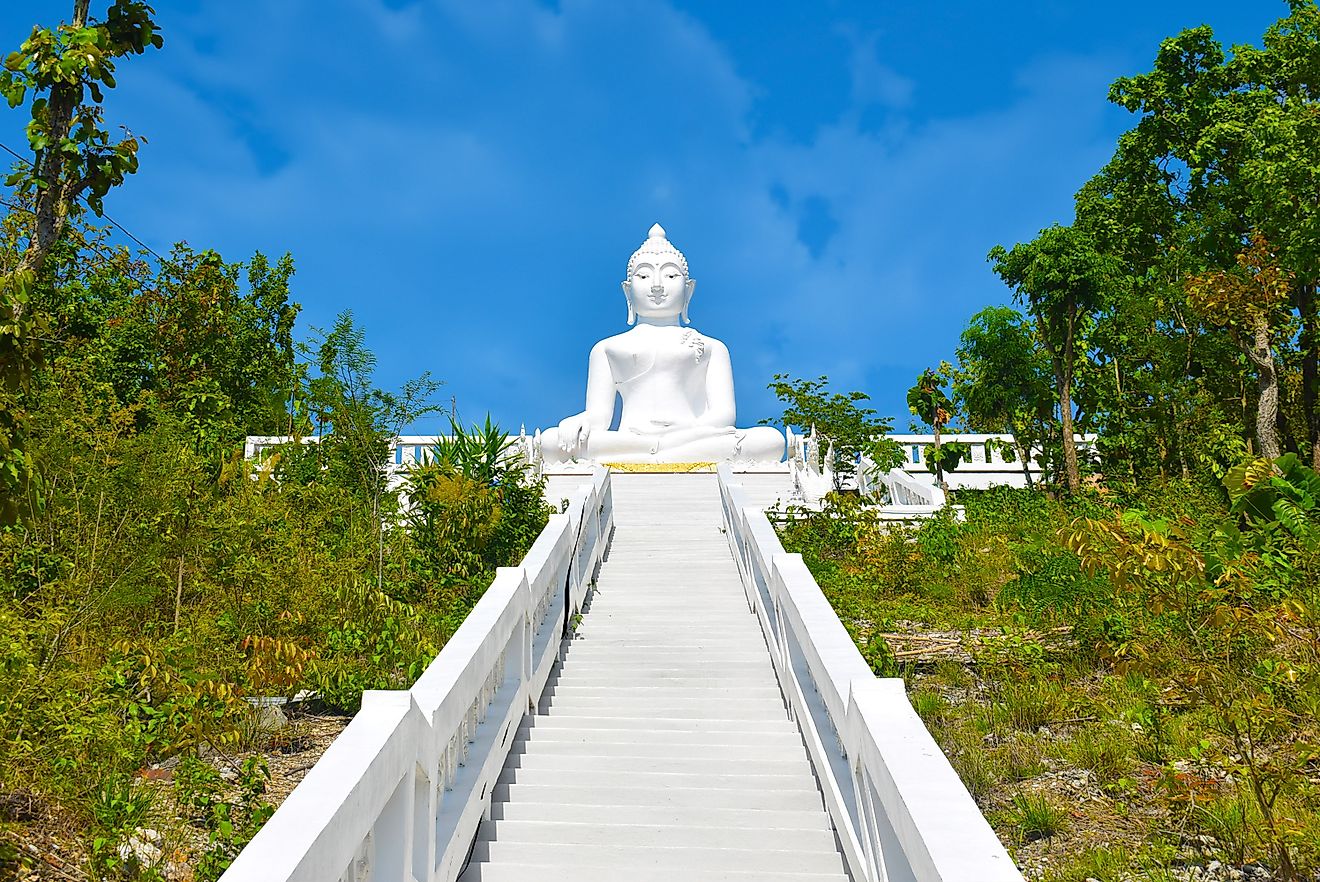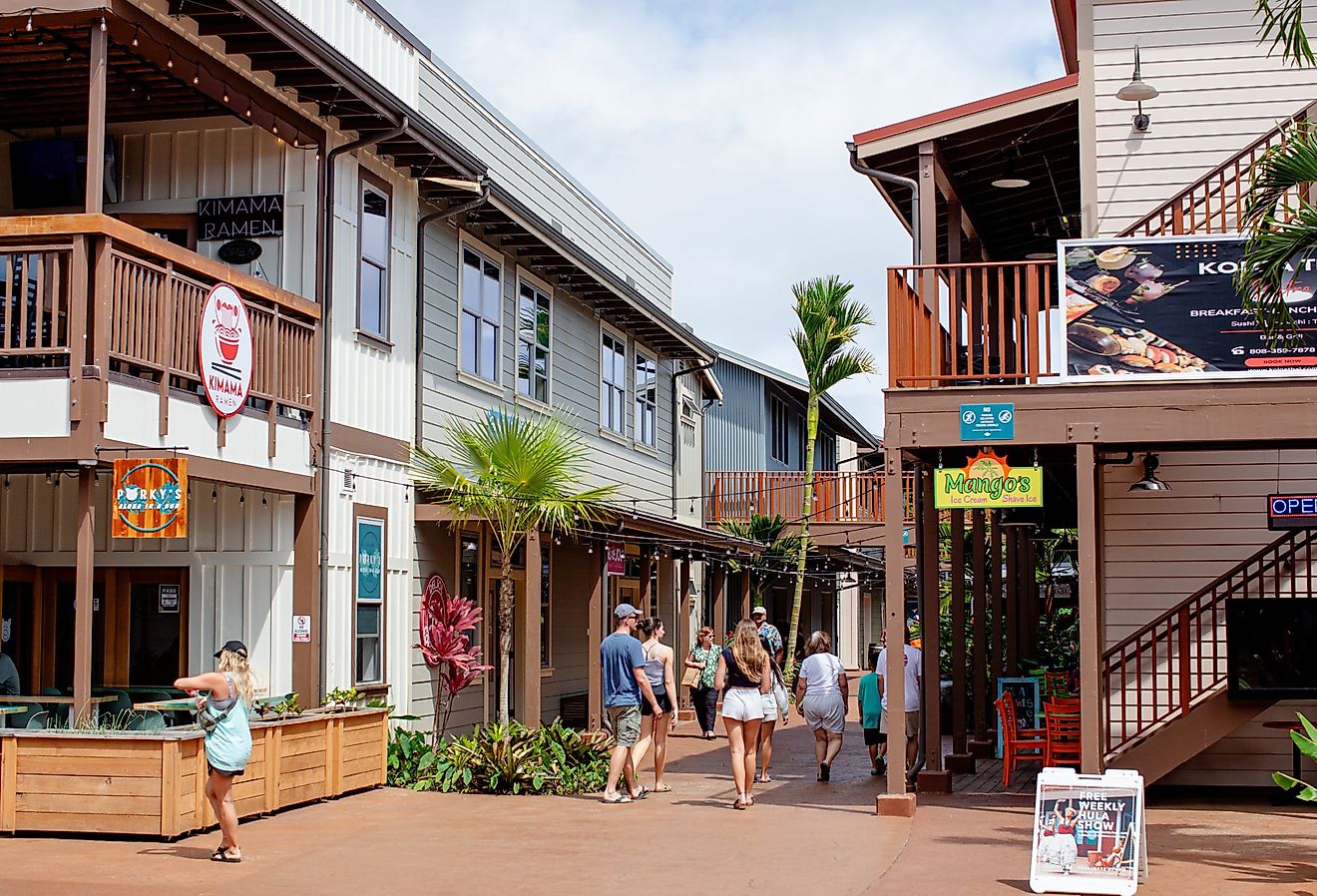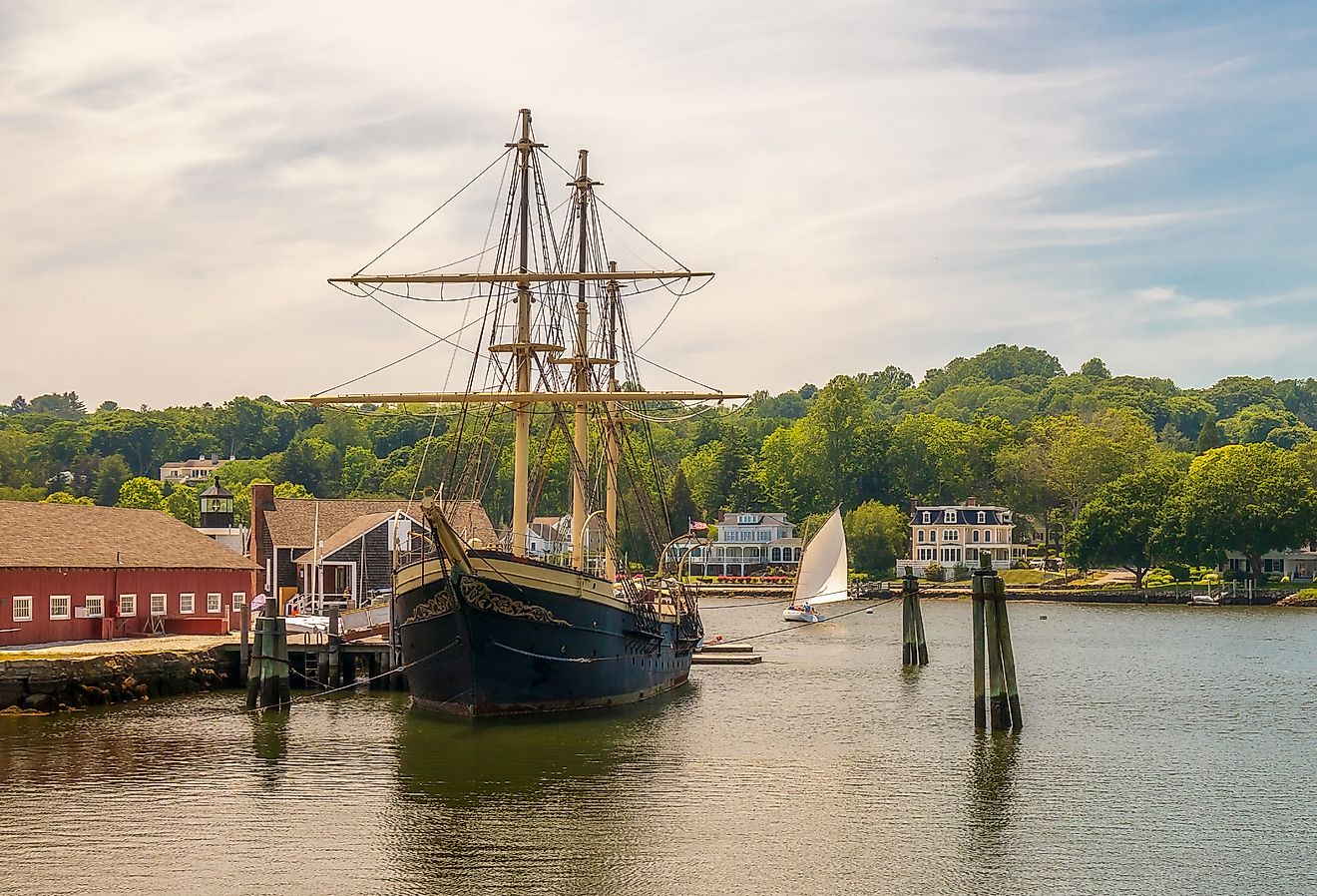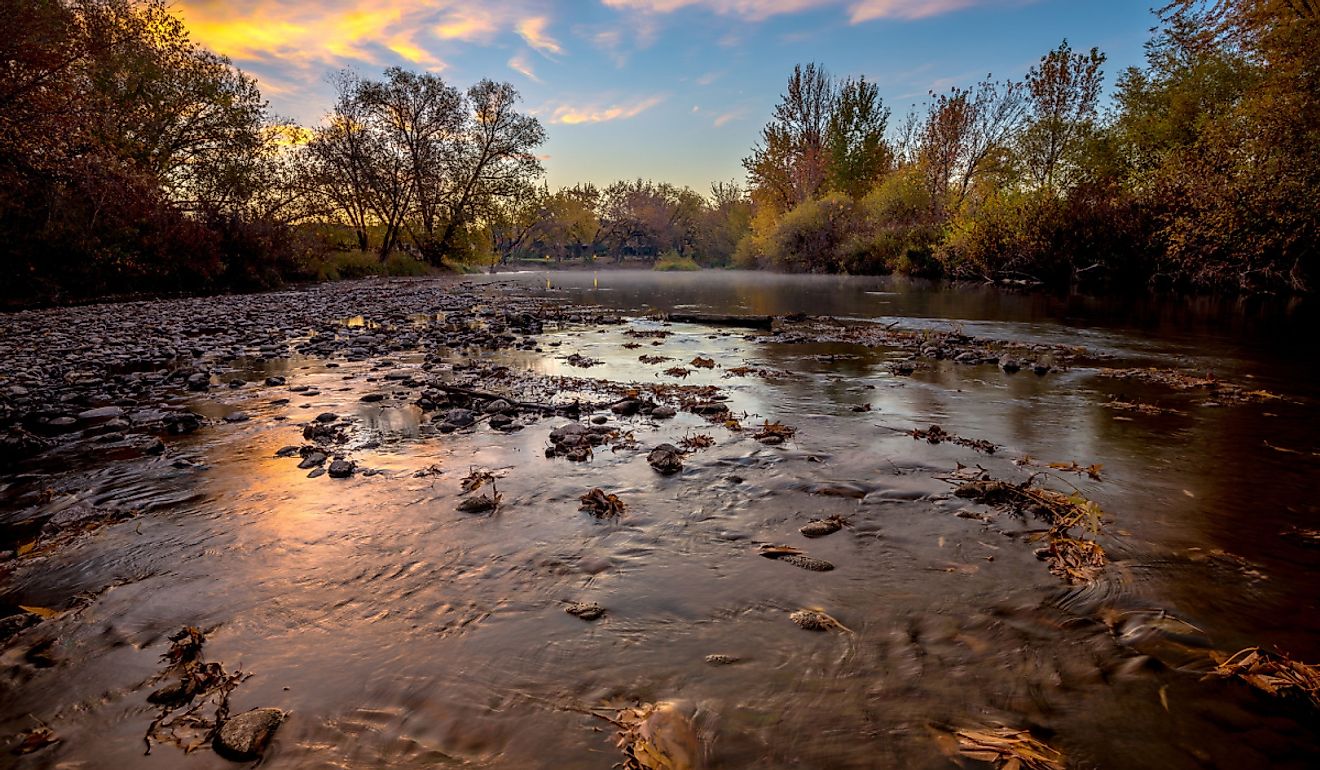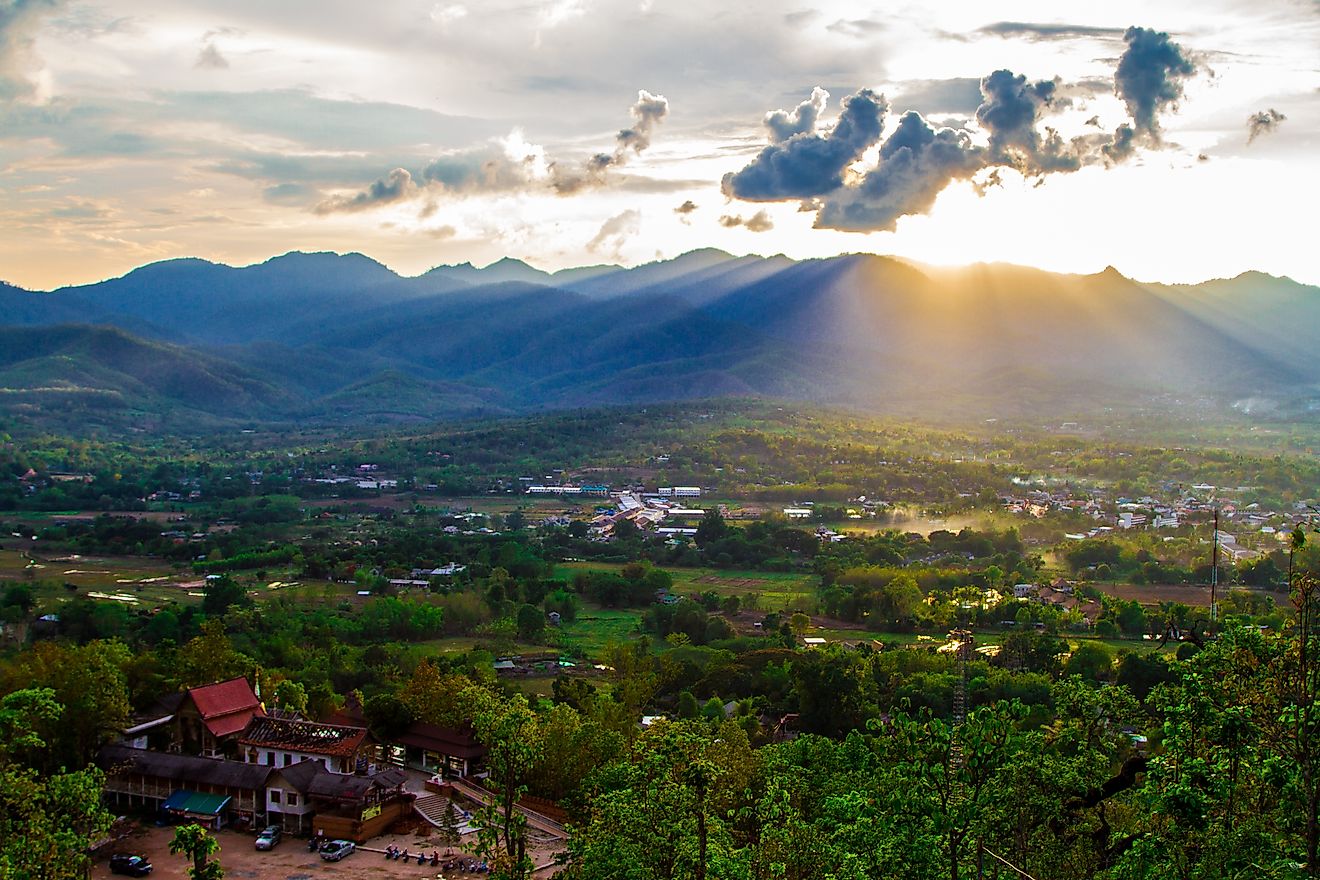Fascinating Places For Wildlife Volunteering Experience

- Volunteer work is rewarding and exciting as people can help these animals while also staying in locations that are beautiful and rich with biodiversity. Here are ten places that offer a fascinating wildlife volunteering experience.
- South Africa is the perfect spot for volunteers to see the Big 5.
- Volunteers have the opportunity to swim with whale sharks in the Philippines.
- In Malaysia, volunteers can help protect the endangered Malayan tigers through guided walks.
There are about 8.7 million species in the world, with around 7.77 million animal species. Seventeen megadiverse countries have more than 70% of the Earth’s biodiversity.
According to Encyclopaedia Britannica, endemism and rarity are factors that make a species more vulnerable to extinction. Poaching and habitat loss are also threats to the wildlife population. Organizations have stepped up to protect and preserve some of the world’s most endangered and rare animals.
Volunteer work is rewarding and exciting as people can help these animals while also staying in locations that are beautiful and rich with biodiversity. Here are ten places that offer a fascinating wildlife volunteering experience.
10. Costa Rica

Costa Rica is home to about 4% of the world’s known species despite only occupying 3% of the Earth’s surface. Since the 1980s, it has taken conservation seriously and began investing in nature.
People who want to volunteer in Costa Rica can sign up for several conservation projects, including Sea Turtle Conservation. Volunteers get hands-on experience monitoring sea turtle nesting activity and releasing baby turtles into the ocean.
Volunteers can also work as an Indigenous Wildlife Rescue Supporter. They will help save vulnerable animals, many of which are indigenous to Costa Rica.
9. Zimbabwe

Zimbabwe is home to the critically endangered black rhino. Due to large-scale poaching, the black rhino population has drastically decreased since the 1970s. According to Save the Rhino, conservation programs across Africa have risen the rhino population from just under 3,000 to about 5,500 individuals.
People can get the chance to volunteer for organizations helping to conserve black rhinos. The Black Rhino Conservation in Victoria Falls is working to protect one of the last remaining black rhino populations in the area.
8. The Philippines

The Philippines has two-thirds of the Earth’s biodiversity, with at least 20,000 species that cannot be found anywhere else.
There are volunteer opportunities centered on marine wildlife. One program allows volunteers to swim with whale sharks to study them. Volunteers can also help out as a marine resources researcher. Volunteers will collect data about marine life around Malapascua island. The position requires some diving, but people who are not certified can get trained on-site.
7. Malaysia

Malaysia’s oldest national park, Taman Negara, is home to the critically endangered Malayan tiger. The tiger’s population in the 1950s was about 3,000. In a little more than half a century, the population plummeted to between 250 to 340 individuals.
Citizen Action for Tigers (CAT)’s goal is to save the Malayan tiger. They hold guided “CAT Walks” in Taman Negara. Volunteers will look for signs of poaching or encroachment, report illegal activities, and disarm snare and traps to help protect the Malayan tigers.
6. Australia

The Great Barrier Reef in Australia is teeming with diverse marine life. It is home to almost 9,000 marine species. There is an abundance of volunteer opportunities to help conserve the reef itself and the wildlife that inhabit it.
In one program, volunteers can help care for injured and sick marine turtles from the Great Barrier Reef. Many turtles brought in are suffering from a disease or have ingested plastic.
5. Madagascar
Since Madagascar is an island isolated from the rest of the world, it has created its own distinct wildlife and ecosystem. More than 80% of the approximately 200,000 known species in Madagascar cannot be found anywhere else in the world.
In a conservation program located in Andasibe, volunteers have a chance to discover unique wildlife endemic to Madagascar. They can build hides in the rainforest where they will spend some nights camped out to observe nocturnal animals.
4. South Africa

South Africa is home to the Big 5 — lion, elephant, rhino, buffalo, and leopard. However, the population of these animals is decreasing.
A program at SAVE Foundation allows volunteers to monitor some of Africa’s most endangered animals. Volunteers will live in a bush camp, sleep under the stars, learn how to track animals, and have the opportunity to see the Big 5.
On the other hand, shark conservation programs in South Africa can be educational and thrilling. Volunteers can go on cage diving trips where they will get up close and personal with sharks and other marine wildlife.
3. The Amazon

The Amazon is the largest tropical rainforest in the world, covering at least five countries, including Peru and Ecuador. It is home to at least 10% of the world’s known biodiversity. More than three million known species live in the rainforest.
Volunteers can work at a conservation site in the Peruvian portion of the Amazon rainforest, where they will help remove invasive species, monitor wildlife, and conduct scientific research. Volunteers can also contribute to the Amazon conservation at the Manu Rainforest Conservation in Peru. The park is a UNESCO World Heritage Site and is one of the most diverse environments on Earth.
2. Indonesia

Indonesia is a hotspot of biodiversity and has the third-largest tropical rainforest. About 12% of the world’s mammals and 16% of the world’s reptiles live in Indonesia. Many of Indonesia’s indigenous animals, such as the komodo dragon, cannot be found anywhere else.
The Komodo National Park was established to protect the komodo and its habitat. People can volunteer at the park as an assistant park ranger. Volunteers will work alongside rangers to help conserve the park while coming face-to-face with the rare komodo dragons.
1. Galapagos Islands

Galapagos Islands is known as the place that inspired Charles Darwin’s theory of evolution. It has some of the highest levels of endemism on Earth. About 97% of the reptiles and mammals and 80% of the land birds are unique to the island.
One of the most famous species in the Galapagos is the giant tortoise. Volunteers can get the chance to work with these iconic creatures through Project Abroad. Here they will take care of giant tortoises and conduct population surveys of other animals. They will have exclusive access to Galapagos National Park and have the freedom to explore the Galapagos Islands.


